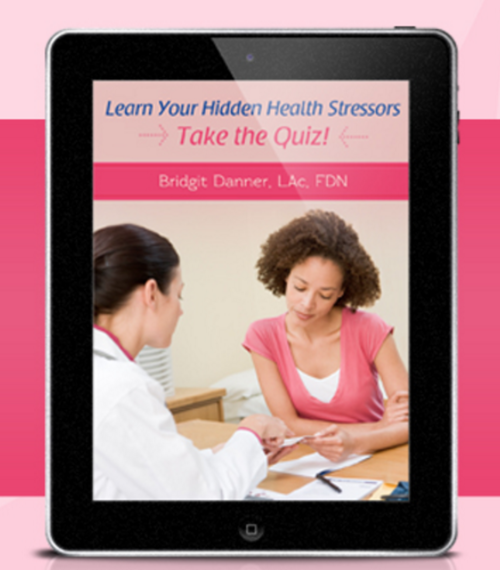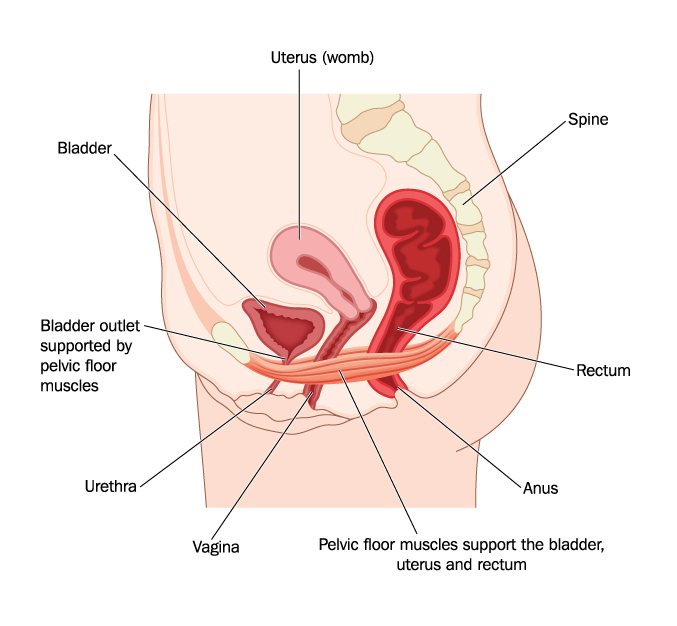Dr. Izabella Wentz, in her book Hashimoto's Protocol: A 90-Day Plan for Reversing Thyroid Symptoms and Getting Your Life Back, connects many parasites to the "triggering and exacerbating" of the autoimmune thyroid condition Hashimoto's Thyroiditis. These include: Giardia lamblia, Dientamoeba fragilis, Toxoplasma gondii, Entamoeba histolytica, Blastocystis hominis, Bartonella henselae and Cyrptosporidium.
Hormones are made in response to the needs of your body. If your body is chronically fighting an infection in your gut and dealing with the inflammation there, hormones will be made to combat that stress, namely stress hormones like adrenaline and cortisol.
As a woman, you want a balance of stress hormones and more restorative hormones in the Dehydroepiandrosterone (DHEA) family like estrogen and testosterone. If your body is making a lot of cortisol in comparison to DHEA, you could have symptoms like overwhelm, low sex drive, infertility and loss of muscle mass. Menopause and peri-menopause can be more difficult.
The above are just a few ways that parasites and an unhealthy gut can lead to hormonal problems.
Symptoms
The symptoms of a parasitic infection are numerous. This list is by no means a way of diagnosis but rather examples of the diverse ways that a parasite could manifest:
In this article, I am focusing on parasites but we often see parasites in our clients like Small Intestine Bacterial Overgrowth (SIBO) and candida. Parasites can also help house and protect things like Epstein-Barr virus, mold mycotoxins, and Lyme infection. So in complex cases is often important to clear the gut of these pathogens.
But sometimes our clients are fairly healthy have lots of good habits, they are just stuck in one area of their health. They can't get pregnant or they're chronically bloated. These are cases where we've been able to address the gut and get good results overall.
According to the Center for Disease Control, millions of people in the United States are affected by parasites every year. How much of a problem parasites depend on who you ask. The colleagues of mine who treat complex cases are quite convinced of the efficacy of parasite treatment. You can hear my interview with parasite expert, Dr. Todd Watts here, and you can register for the Parasite Summit here (and more information is below).
Parasitic infections do seem to be on the rise because of these factors:
International travel
Contaminated public water supply
Household pets
Daycare centers
Eating at restaurants
Food imported from other countries
The use of antibiotics
Factory farming (including farmed fish)
A Personal Story
When I was in my early twenties I lived in a village in South America. All the pathogens there were new to my body and even though I tried to drink clean water I got very sick a few times. After that, I lived in Mexico and while there I was chronically constipated. I didn't know much about parasites back then but I suspected them I looked into getting a test run but opted for a kit I could buy at the store to clean parasites in my colon. Later my boyfriend at the time, who also lived in South America, passed a long worm out of his stool.
I forgot about parasites for a while but during a stressful time in Chinese medicine school, I developed IBS that would not go away. I attributed it to stress. If my diet is “really perfect” with all fresh, clean foods my digestion can be pretty stable. But cheating at all on corn chips or a beer would make me have loose stool again. This pattern went on for many years and I even had to stool test and treated H pylori infection with still no improvement.


















